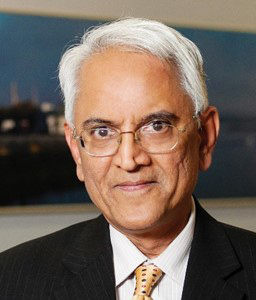About 90 years ago, in the wake of the Great Depression and the rise of fascism in Europe, the Italian politician-philosopher Antonio Gramsci wrote of the crisis in world affairs: “The old is dying and the new cannot be born; in this interregnum a great variety of morbid symptoms appear.” This is a perfect description of the state of the world today. The international order of the Cold War years has clearly passed on; its successor is nowhere in sight. The “morbid symptoms” of the interregnum are there for all to see, from the seemingly endless war of attrition in Ukraine to the hot conflict in West Asia, escalating US-China tensions—though attenuated somewhat by the recent Joe Biden-Xi Jinping meeting—and assorted conflicts in Asia, Africa and Europe.
They flow, in part, from a failure of the international community to discard Cold War mindsets and, for the other part, unwillingness to grasp the implications of the political and economic transformations in the post-Cold War international landscape. We have moved very quickly from a liberal international order, underpinned by unipolarity in the early years after the Cold War, to a messy patchwork of conflicts and skirmishes.











Post new comment